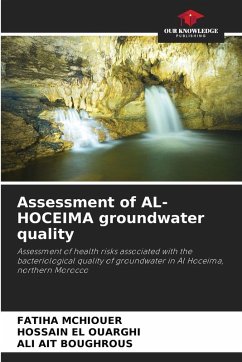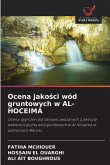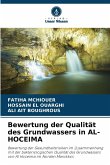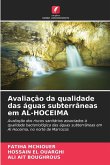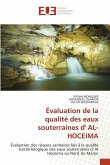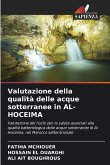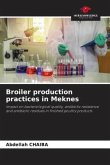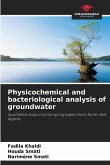The aim of this research is to assess the physicochemical and bacteriological quality of groundwater from various collective water points (wells and springs), located in the Al-Hoceima region (Morocco). These waters are used by a large rural and urban population for domestic consumption. It is essential to assess the fecal contamination of these waters, in particular the presence of fecal indicator germs, as well as their effects and health risks. Two sampling campaigns were carried out between 2018 and 2021, during the wet and dry seasons respectively. A total of fifty-two groundwater samples were collected during the wet season, under appropriate conditions, and analyzed according to Moroccan standards. The results showed that the quality of the water from the sources and wells monitored in the study area did not comply with the World Health Organization guideline and the Moroccan drinking water standard of zero (0) colony-forming units (CFU) per 100 ml for BC, E. Coli and EI, respectively. Fecal contamination of groundwater is therefore confirmed by the presence of these germs.
Bitte wählen Sie Ihr Anliegen aus.
Rechnungen
Retourenschein anfordern
Bestellstatus
Storno

